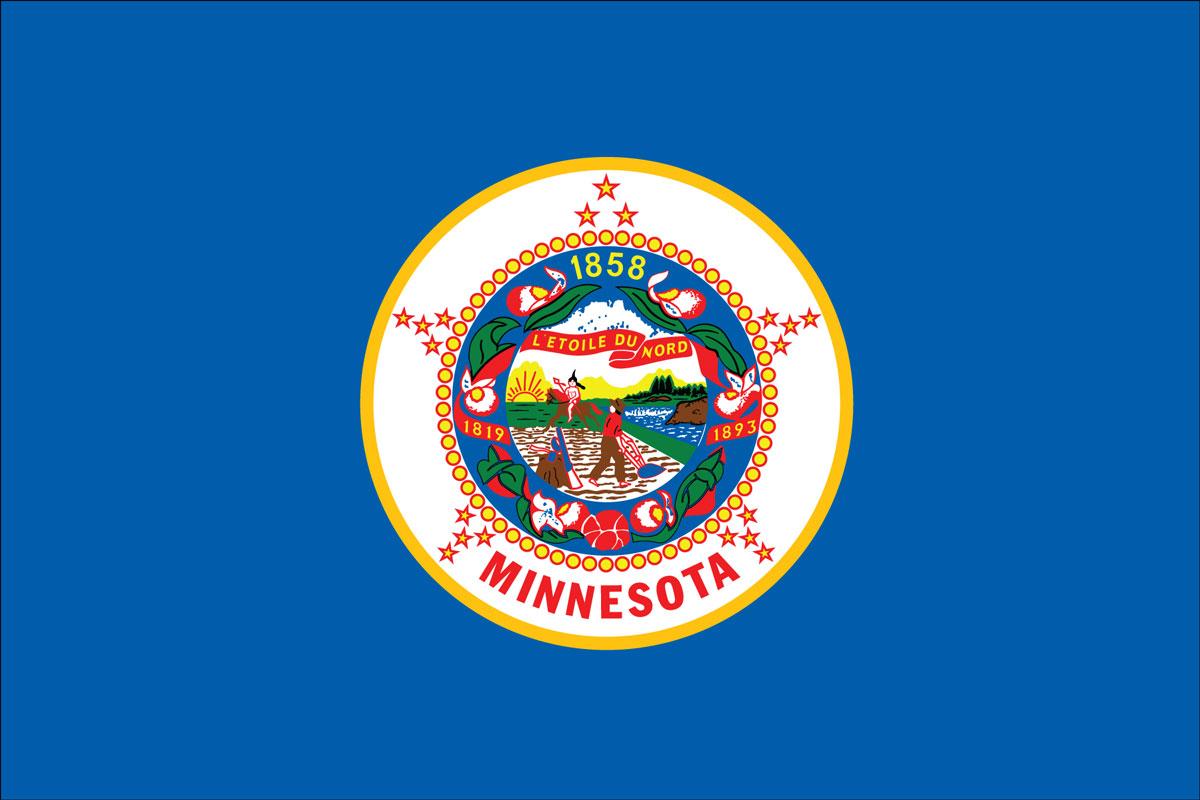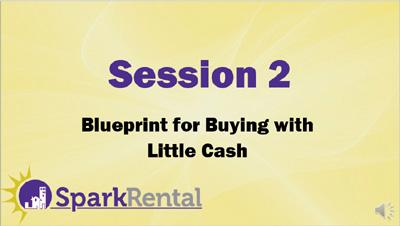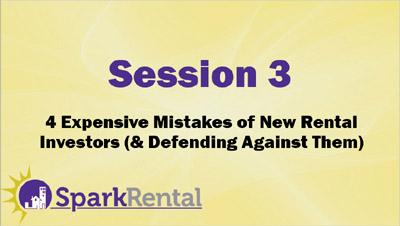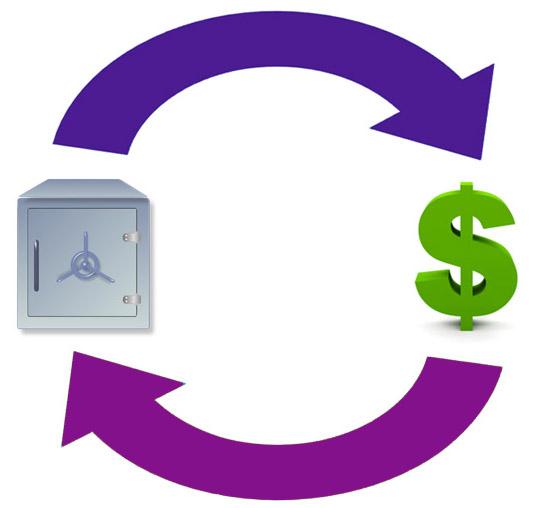<div class="justanswer-gadget"><!-- [et_pb_line_break_holder] --><link rel="stylesheet" href="https://components.justanswer.com/css/ja-gadget-ad" /><!-- [et_pb_line_break_holder] --><script type="text/javascript" src="https://components.justanswer.com/js/ja-gadget-ad"></script><!-- [et_pb_line_break_holder] --><script type="text/javascript"><!-- [et_pb_line_break_holder] -->(function(){<!-- [et_pb_line_break_holder] -->require("ja-gadget-ad")(<!-- [et_pb_line_break_holder] -->(function() { var scripts = document.querySelectorAll('script[src="https://components.justanswer.com/js/ja-gadget-ad"]'); return scripts[scripts.length - 1].parentNode })(),<!-- [et_pb_line_break_holder] -->{"classString":"standard","landing":{"withQuestion":{"urlTmpl":"https://www.justanswer.com/gadget-landing.aspx?FID={fid}&question={question}"},"withoutQuestion":{"urlTmpl":"https://www.justanswer.com/new-question/legal"}},"style":{"width":728,"height":250},"headerContainer":{"style":{"width":"100%"}},"inputsContainer":{"style":{"width":"100%"}},"bottomContainer":{"style":{"width":"100%"}},"content":{"headline":{"text":"Ask a Landlord/Tenant Lawyer Online","style":{"width":"100%"}},"byLine":{"text":"The most affordable way to talk 1:1 to a Lawyer in minutes!","style":{"width":"100%"}},"textarea":{"placeholder":"9 Lawyers are Online Now! Type your question here...","style":{"height":77,"padding":5}},"forums":{"list":[{"id":"7121","name":"Landlord/Tenant Law (or select specialty below)","selected":true},{"id":"7","name":"General Law","selected":false},{"id":"83","name":"Bankruptcy Law","selected":false},{"id":"58","name":"Business Law","selected":false},{"id":"40","name":"Criminal Law","selected":false},{"id":"39","name":"Employment Law","selected":false},{"id":"52","name":"Real Estate Law","selected":false},{"id":"37","name":"Family Law","selected":false},{"id":"38","name":"Immigration Law","selected":false},{"id":"73","name":"Estate Law","selected":false}],"style":{"height":25}},"topLogo":{"url":"https://ww2-secure.justanswer.com/static/gadget-editor/img/powered_by.png","style":{"display":"none"}},"logo":{"url":"https://ww2-secure.justanswer.com/static/gadget-editor/img/powered_by.png","style":{"width":80,"margin-top":17}},"button":{"text":"Get an Answer >","style":{"float":"right","margin-left":0,"padding-left":5,"padding-right":5,"height":38}}},"trackingPixels":{"impressionUrl":"https://trk.justanswer.com/aff_i?offer_id=2&aff_id=4799","transitionUrl":"https://trk.justanswer.com/aff_c?offer_id=2&aff_id=4799"}}<!-- [et_pb_line_break_holder] -->);<!-- [et_pb_line_break_holder] -->})();<!-- [et_pb_line_break_holder] --></script><!-- [et_pb_line_break_holder] --></div><img src="https://trk.justanswer.com/aff_i?offer_id=2&aff_id=4799&file_id=1422" width="1" height="1" />
 Sure, you may not be renting out a 9.5 million square foot building such as the Mall of America in Bloomington, but it’s just as important to know the laws regulating residential property. Minnesota has definitive regulations surrounding disclosure and even how a tenant must behave during blustery weather conditions.
At a Glance:
Late Fees: There is a limit of 8% of the unpaid rent payment permitted for a late charge.
Returned Payment Fee Limit: No more than $30 may be charged.
Security Deposit: There are no statutes regarding the maximum that can be collected.
Notice to Enter: The landlord must provide sensible notice unless there is an emergency.
Late Fee & Returned Check Fee:
Minnesota imposes a restriction of no more than 8% of the tardy rent payment as a late fee, and it must be agreed upon in the rental agreement.
As for bounced checks, Minnesota allows for a $30 service charge for checks returned for non-payment, if the information was “conspicuously displayed.”
Security Deposits:
Although there are no limitations on how much a landlord can collect, if the landlord collects a security deposit, interest must be given to the tenant annually in accordance with Section 504B.178 of the Minnesota statutes.
At the end or the termination of the tenancy (and after the tenant provides the landlord a forwarding address or any other instructions for mailing); the landlord must return the security deposit or a statement of any deductions with any remaining money to the tenant within three weeks.
Maintenance:
Landlords in Minnesota are pretty much held to the norm and that is to keep the rental premises fit, safe and in compliance with all state, and local laws. Make sure you pay close attention to all the fire safety regulations within your state and local jurisdictions!
Sure, you may not be renting out a 9.5 million square foot building such as the Mall of America in Bloomington, but it’s just as important to know the laws regulating residential property. Minnesota has definitive regulations surrounding disclosure and even how a tenant must behave during blustery weather conditions.
At a Glance:
Late Fees: There is a limit of 8% of the unpaid rent payment permitted for a late charge.
Returned Payment Fee Limit: No more than $30 may be charged.
Security Deposit: There are no statutes regarding the maximum that can be collected.
Notice to Enter: The landlord must provide sensible notice unless there is an emergency.
Late Fee & Returned Check Fee:
Minnesota imposes a restriction of no more than 8% of the tardy rent payment as a late fee, and it must be agreed upon in the rental agreement.
As for bounced checks, Minnesota allows for a $30 service charge for checks returned for non-payment, if the information was “conspicuously displayed.”
Security Deposits:
Although there are no limitations on how much a landlord can collect, if the landlord collects a security deposit, interest must be given to the tenant annually in accordance with Section 504B.178 of the Minnesota statutes.
At the end or the termination of the tenancy (and after the tenant provides the landlord a forwarding address or any other instructions for mailing); the landlord must return the security deposit or a statement of any deductions with any remaining money to the tenant within three weeks.
Maintenance:
Landlords in Minnesota are pretty much held to the norm and that is to keep the rental premises fit, safe and in compliance with all state, and local laws. Make sure you pay close attention to all the fire safety regulations within your state and local jurisdictions! 



















My tenant has been irregular with rent payments but has made the payments nonetheless. So far I have not charged a late fees yet. Can I charge the late fees cumulatively before the end of the lease?
Send monthly statements to your tenant indicating the late fees they owe, and you should be able to collect them.
We have a tenant who has not paid the last month of rent in there previous unit but has moved into another unit or ours. This tenant said they would make monthly payments towards the past due rent but have not. Can I legally charge a late fee for each month the previous units rent is not paid in full? They are current on their current unit they live in.